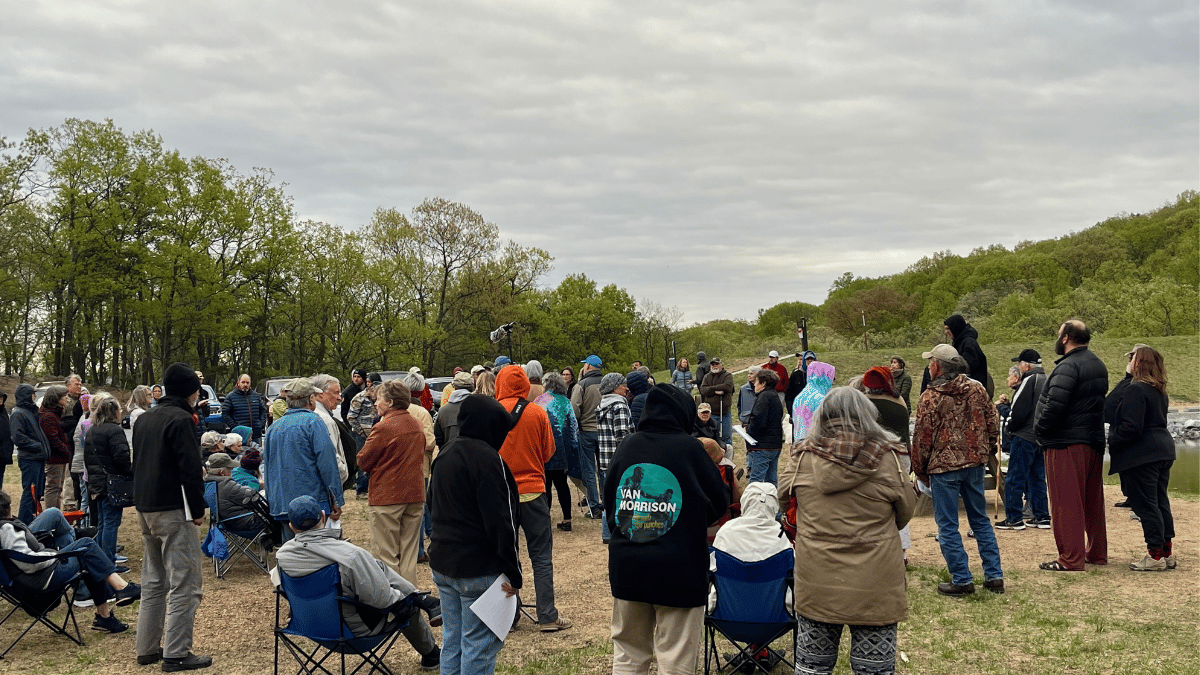The Senate passed 12 house bills on Monday, including bills on critical infrastructure, driving in the left lane, and suspended school personnel.
In West Virginia Code, critical infrastructure is considered things like steel and chemical factories, power plants, airports and health care facilities.
House Bill 5091, or the West Virginia Critical Infrastructure Protection Act, increases penalties for trespassing or damaging those areas. There are some drastic increases in fines in the bill like an increase in the maximum fine from $5,000 to $100,000. The bill heads back to the House for consideration.
Opponents of the bill, like nonprofit law firms that represent protesters, say laws like this are aimed at creating steep consequences for protests of fossil fuel projects, such as pipelines.
“Although legislation that focuses on ‘critical infrastructure’ may sound innocuous and technocratic, these bills can significantly undermine the right to peaceful assembly,” The International Center for Nonprofit Law said in a statement.
Currently there are no laws against driving slowly in the left lane. House Bill 5237 would change that. There are exceptions, like if there is construction or an emergency vehicle on the side of the road. The maximum fine is $25. The bill heads back to the House as well.
Another bill would allow suspended school personnel to enter school functions open to the public. Supporters of the bill said the primary goal of House Bill 5650 is to allow parents, or guardians who are suspended employees of the school, to be able to pick up children or attend events. There are exceptions in the case of an employee who imposes a risk of danger or disruption to students, staff or the learning environment.
